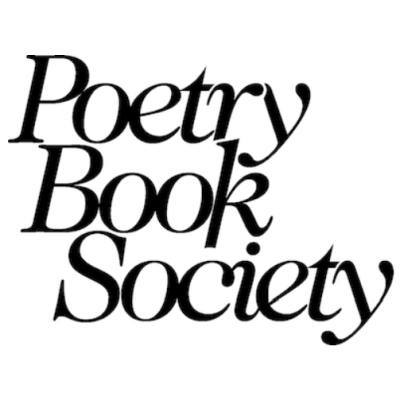So you want to write poetry, and don't know where to start. Well, you're in luck, because today we have a wonderful guest blog post for you, by the poet Emily Byrnes. Emily has self-published four books (three poetry collections and a guided journal), and is currently working on writing her first young adult novel. You can find her on Instagram @evergreen.reveries, and she has her own blog, too so you can find more of her writing there. Without further ado, here is Emily’s advice on how to start writing poetry:

There are many people who love to write (and are good at it, too) but won’t touch poetry with a ten-foot pole because it seems intimidating. If I had a penny for every time someone said “I love poetry, but I could never write it,” I would be living on a private island full of dogs and a lifetime supply of iced coffee. As daunting as writing poetry can feel, I am here to tell you that if you are a thinking, feeling human being with a full spectrum of emotions, you absolutely can write poetry. The only things stopping you are the voice in your head telling you that you can’t, and not knowing where to begin. With that being said, here are a few tips to help you get started.
#1. Get inspired. While it is true that you cannot plan when inspiration will strike, it is also true that you can put yourself in a position to get the creative ideas flowing. Whenever I want to write but am not feeling particularly inspired, I go for a walk in nature, listen to emotional music, or skim through one of my favourite poetry collections.
#2. Set the mood. Turn off the TV and put your phone on airplane mode so that when the creative juices start flowing you aren’t interrupted. I also like to light a candle, make some tea, and sit in my favourite comfy chair away from all distractions.
#3. Figure out what story you want to tell. Now that you’re inspired, you need to figure out what to write about. Before your pen even touches the paper, figure out what story you want to tell. Is it about the crying woman you saw at the market yesterday? A thirteen-year-old falling in love for the first time? A memory that you’ve been holding onto since you were young? The story can be about anything, great or small, and it doesn’t have to seem “poetic” for it to be a good choice. The poetry comes in how you tell the story, not the story itself.
#4. Now that you’ve determined what story you want to tell, you need to ask yourself this: How do I want my reader to feel after reading this piece? The answer to this question will dictate your tone, pacing, and word choice. For example, if you want to leave the reader feeling sombre, you probably don’t want to use a rhyme scheme or words like “bright” and “sunny.”
#5. Avoid literal descriptions. It is amazing what a few well-placed similes and metaphors can do for a piece of poetry. Using figurative language can elevate a piece from sounding like a journal entry to reading real poetry. One of my favourite examples of the power of figurative language is found in an extremely short yet powerful poem by Margaret Atwood:
You fit into me
like a hook into an eye.
A fish hook. An open eye.
Here we have a few well-placed similes and an overarching metaphor illustrating a toxic relationship. Atwood could have just as easily written: I thought we were a perfect fit, but you hurt me in the end. See how much more emotion is conveyed with the figurative language in Atwood’s piece than the more literal sentence I just came up with? Figurative language is powerful, and in my humble opinion, poetry cannot exist without it.
#6. Stay away from clichés. Using clichés in poetry is a beginner mistake that we are all guilty of. You don’t want your reader rolling their eyes when reading your work. No matter how great your poem is, if you have a line that reads “I felt like a hamster on a wheel,” it is not going to sound original and it is not going to feel as powerful as it could.
#7. My 7th and final tip for writing poetry is: don’t be afraid to take a break. If you are struggling to the point of getting frustrated, there is no shame in taking a few hours or even days away from your work. Sometimes coming back to something after some time away can spark new life into a poem you thought was dying. Taking a little break always seems to help, just as long as you remember to come back.
Hopefully these tips have given you enough direction to begin writing your own poetry, and if you have any specific questions, I am always available to help. Happy writing!
We're delighted to announce that submissions to the Women's Poetry Competition and Pamphlet Competition are now open!
This is the second year we have partnered with Mslexia to bring you two exciting competitions promoting women's poetry. The top prize for the Women's Poetry Competition will be £2,000, mentorship with PBS Selector Sandeep Parmar, and a residency kindly offered by Cove Park. The winner of the Women's Pamphlet Competition will receive £250 at publication of their pamphlet by Seren.
Entries are open from the 1st of June until the 16th of September, 5pm GMT. You can submit online by clicking the Submittable button below, or click here for more information about the prizes, including the terms and conditions, and alternative ways to submit.

